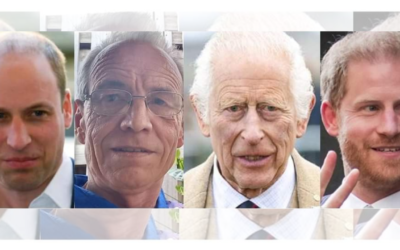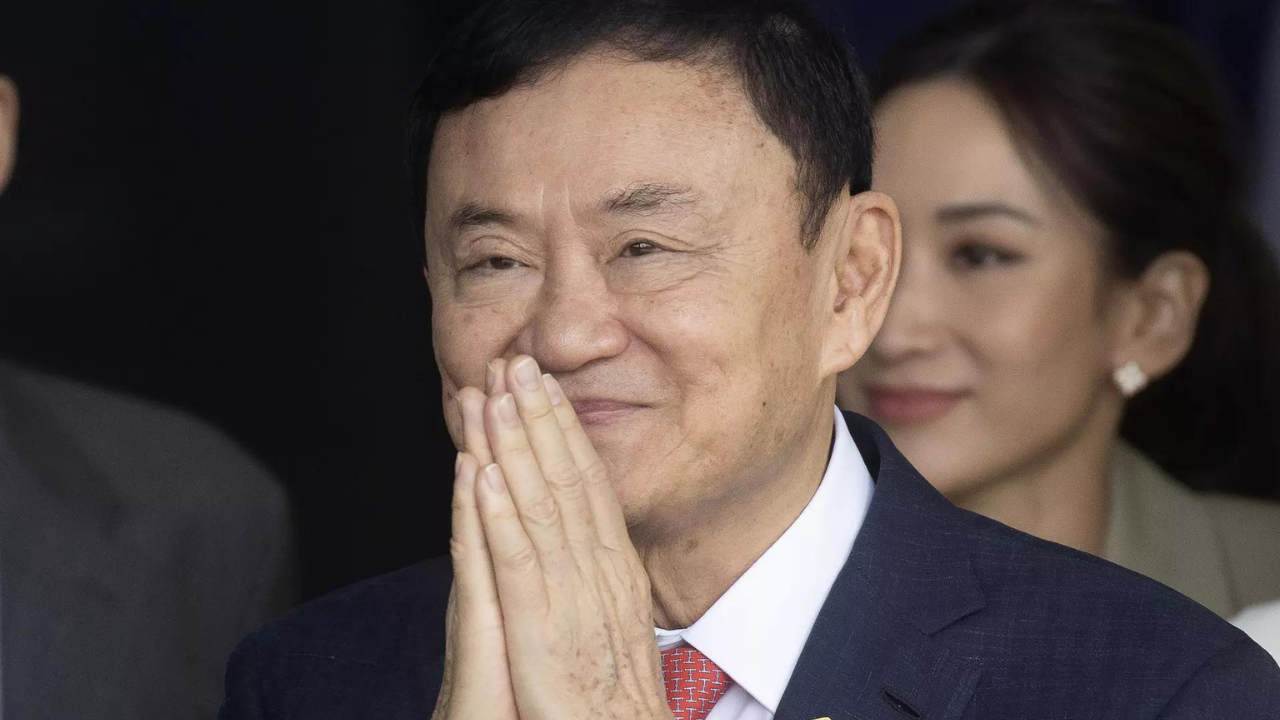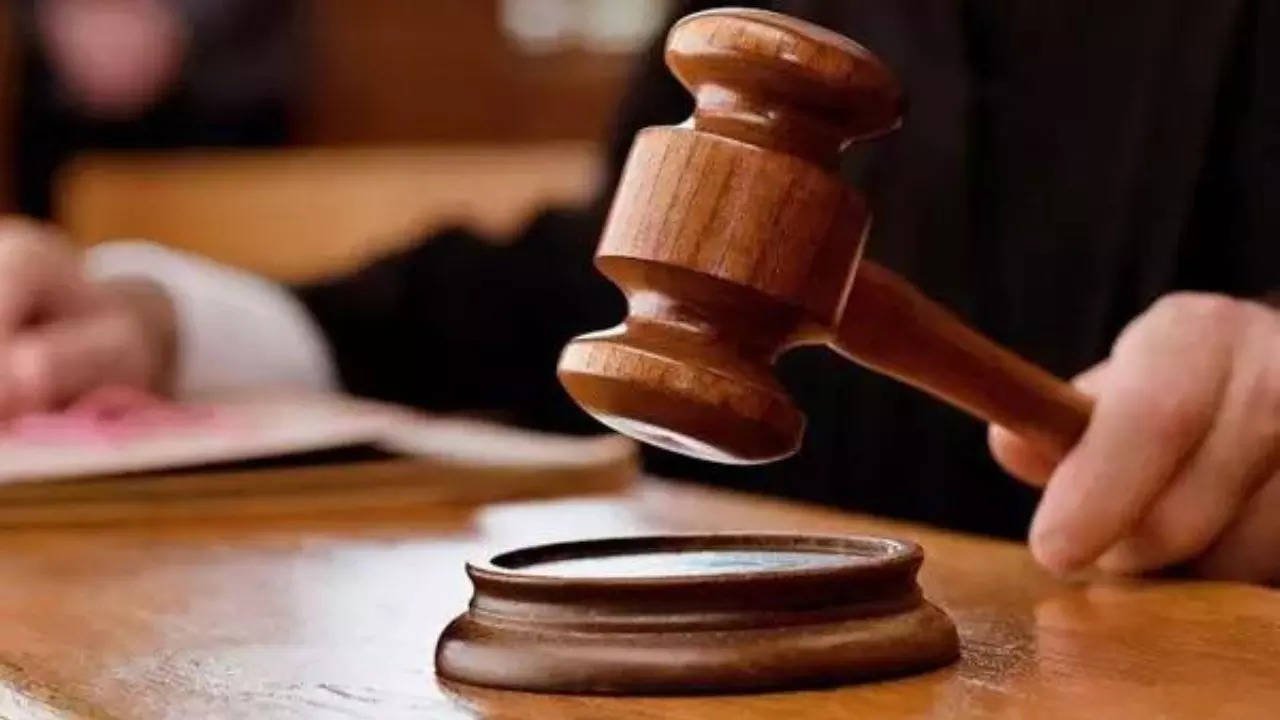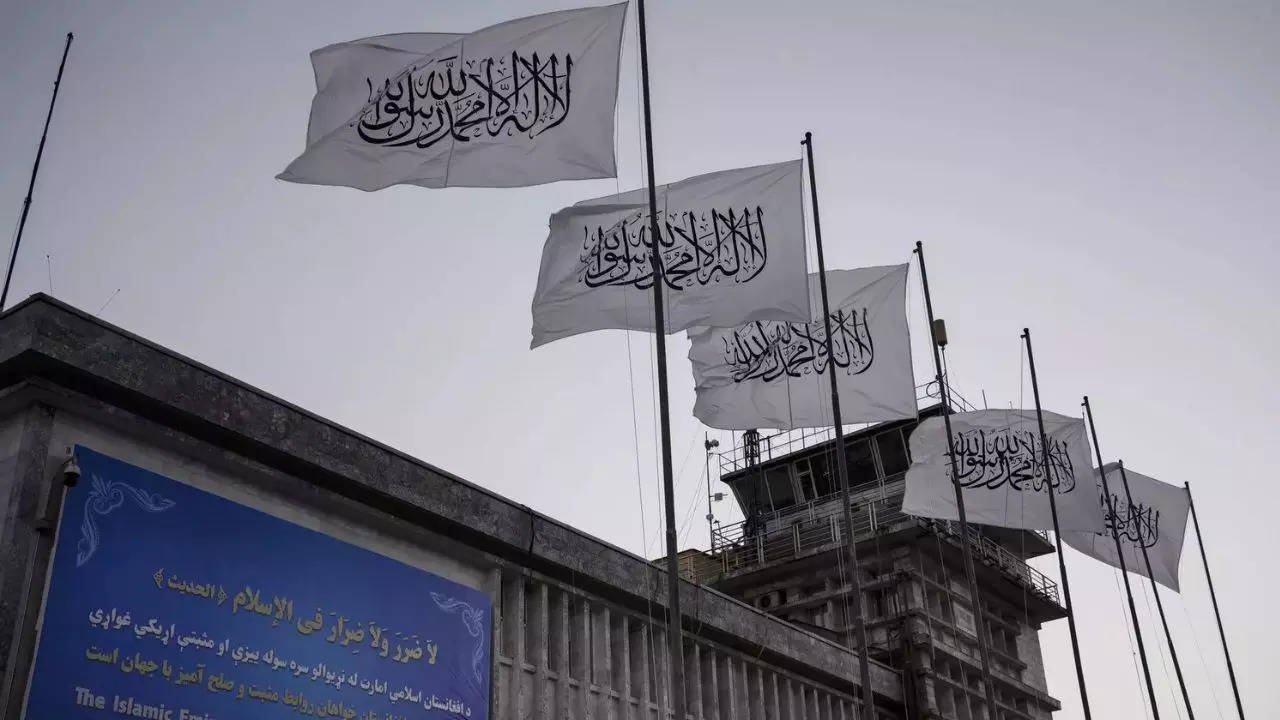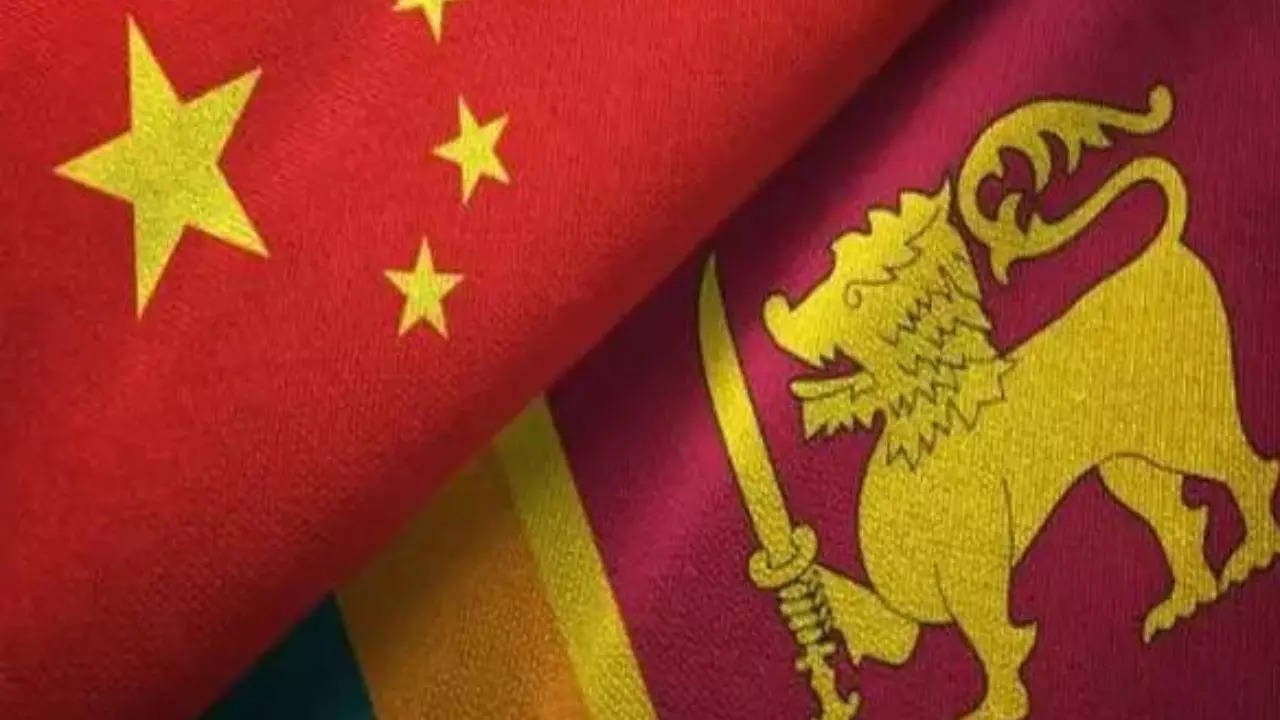Thaksin Shinawatra: Thaksin moved from prison to a hospital less than a day after he returned to Thailand from exile
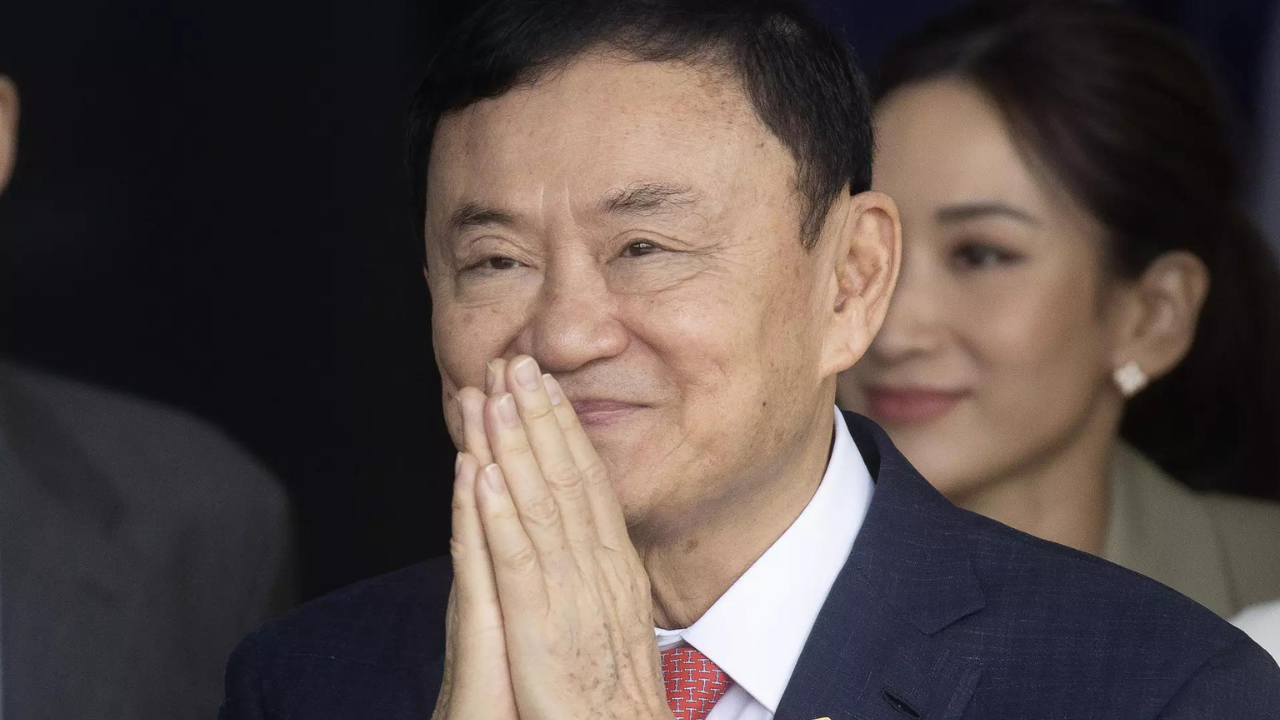
[ad_1]
BANGKOK: Thailand’s divisive former Prime Minister Thaksin Shinawatra was transferred from prison to a hospital early Wednesday, less than a day after he returned from an extended exile and started serving an 8-year sentence.
He had returned to Thailand after 15 years abroad on the same day a party linked to him won a parliamentary vote to form a new government. Thaksin was then sent to prison to serve sentences from several criminal convictions made in absentia that he had decried as politically motivated.
The prison reported Thaksin had high blood pressure and low oxygen, he could not sleep and felt tightness in his chest, according to a statement from Sitthi Sutivong, deputy director-general of the Corrections Department.
Doctors at the prison’s hospital said he should be transferred to prevent life-threatening risks, the statement said. Corrections officials previously had said Thaksin, 74, was considered vulnerable due to his age and chronic conditions of his heart and lungs, high blood pressure, and back problems.
Hours after Thaksin’s return to Thailand, Pheu Thai party candidate Srettha Thavisin secured enough votes to become prime minister, ending over three months of suspense, legal wrangling and horse trading that followed May elections. The party had entered a coalition with military parties linked to a coup that removed it from power in 2014, and excluded the progressive Move Forward Party that won the most votes in the elections.
Srettha is expected to receive a royal endorsement as prime minister later Wednesday, according to Thai media.
Pheu Thai is the latest in a string of parties affiliated with Thaksin, who was ousted in a 2006 military coup. The coup that ousted him triggered nearly two decades of deep political divisions that pitted a mostly poor, rural majority in the north that supports Thaksin against royalists, the military and their urban backers.
A Pheu Thai government led by Thaksin’s sister, Yingluck Shinawatra, was ousted in the 2014 coup by then-army chief Prayuth Chan-ocha, who is now the outgoing prime minister.
It is widely speculated Thaksin returned out of hope that a friendly government will reduce his sentence, although he has said his decision had nothing to do with the Pheu Thai party’s bid for power and that he was ready to follow the legal process. The outgoing government has said Thaksin can request a royal pardon like any other inmate.
He had returned to Thailand after 15 years abroad on the same day a party linked to him won a parliamentary vote to form a new government. Thaksin was then sent to prison to serve sentences from several criminal convictions made in absentia that he had decried as politically motivated.
The prison reported Thaksin had high blood pressure and low oxygen, he could not sleep and felt tightness in his chest, according to a statement from Sitthi Sutivong, deputy director-general of the Corrections Department.
Doctors at the prison’s hospital said he should be transferred to prevent life-threatening risks, the statement said. Corrections officials previously had said Thaksin, 74, was considered vulnerable due to his age and chronic conditions of his heart and lungs, high blood pressure, and back problems.
Hours after Thaksin’s return to Thailand, Pheu Thai party candidate Srettha Thavisin secured enough votes to become prime minister, ending over three months of suspense, legal wrangling and horse trading that followed May elections. The party had entered a coalition with military parties linked to a coup that removed it from power in 2014, and excluded the progressive Move Forward Party that won the most votes in the elections.
Srettha is expected to receive a royal endorsement as prime minister later Wednesday, according to Thai media.
Pheu Thai is the latest in a string of parties affiliated with Thaksin, who was ousted in a 2006 military coup. The coup that ousted him triggered nearly two decades of deep political divisions that pitted a mostly poor, rural majority in the north that supports Thaksin against royalists, the military and their urban backers.
A Pheu Thai government led by Thaksin’s sister, Yingluck Shinawatra, was ousted in the 2014 coup by then-army chief Prayuth Chan-ocha, who is now the outgoing prime minister.
It is widely speculated Thaksin returned out of hope that a friendly government will reduce his sentence, although he has said his decision had nothing to do with the Pheu Thai party’s bid for power and that he was ready to follow the legal process. The outgoing government has said Thaksin can request a royal pardon like any other inmate.
[ad_2]
Source link
